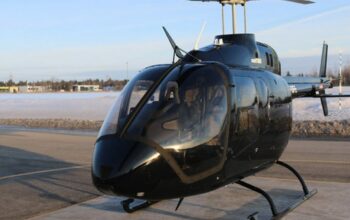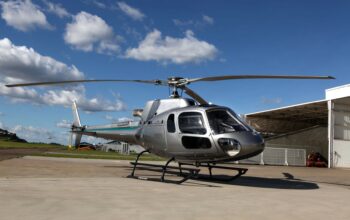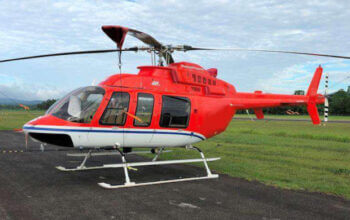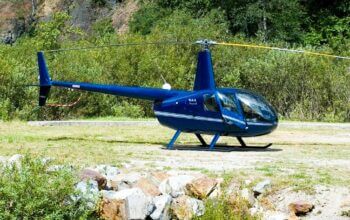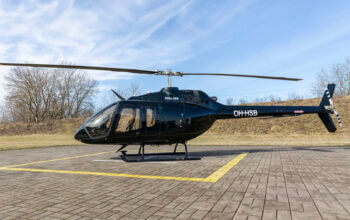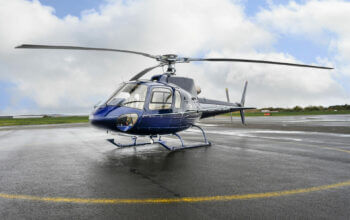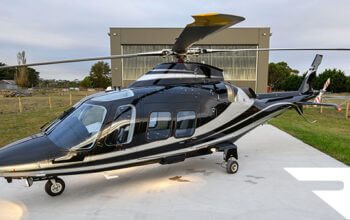Estimated reading time 5 minutes, 11 seconds.
An “out of the blue” Liberal Party proposal for a 10 per cent “luxury tax” on private aircraft is being called “penny wise and pound foolish” by the Canadian Business Aviation Association.
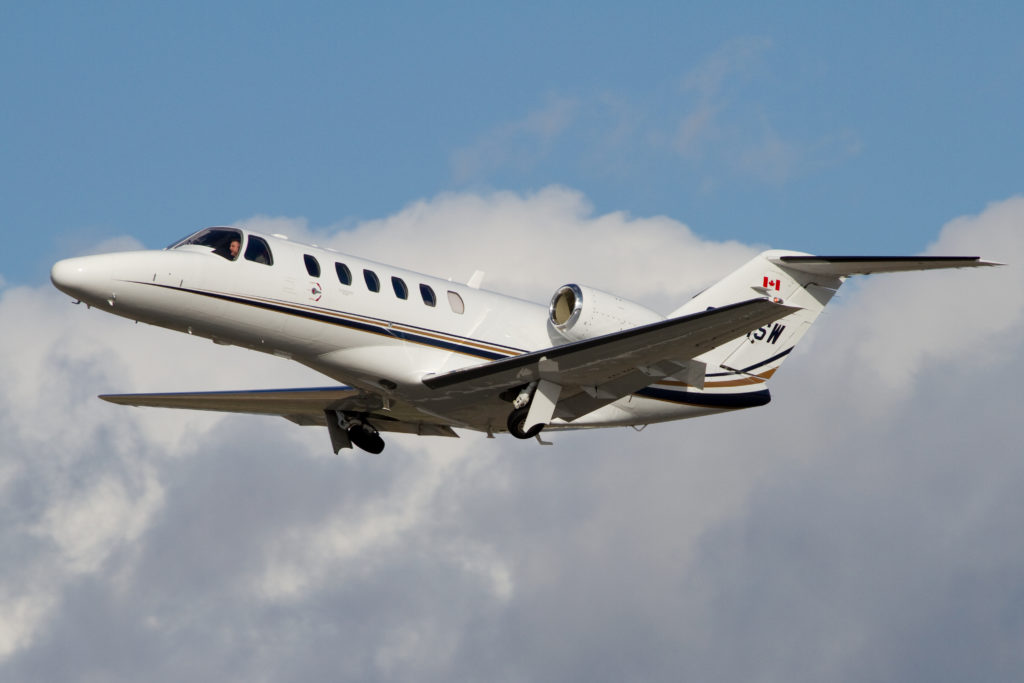
CBAA president Anthony Norejko told Skies on Oct. 10 that the organization had no inkling the proposal was coming and only learned about it by sifting through the various parties’ campaign platforms in the run-up to the Oct. 21 general election.
The brief entry in the Liberals’ platform says only that the tax would apply to “luxury cars, boats and personal aircraft over $100,000” and that after it takes effect in the 2020-21 fiscal year, annual revenues from it should rise incrementally to $621 million in 2023-24.
On discovering the proposal, the CBAA immediately reached out to the corporate flying community, urging it to “talk to all Liberal candidates” and including a draft form letter they could use.
In his own letter to Prime Minister Justin Trudeau, requesting a meeting at the earliest opportunity, Norejko points out that business aviation in Canada alone is a $12.1 billion operation. He also expresses “deep concern” that the Liberals are conflating business aircraft with “personal high-end and non-essential vehicles.”
Urging immediate removal of private aircraft from the proposal, he warned that the tax “would cost Canada and Canadians far more in real dollars than the amount that would be raised” through the tax.
“You may believe that it is an important symbol of your support of the middle class at the expense of a small group of ‘one-per centers’,” Norejko continued. “In reality, you will be punishing all Canadians: small business aircraft owner/operators, corporations competing on the world stage, and Canadians who live in communities that are not adequately served by commercial airlines.”
And there was the fact that business aviation is also one of Canada’s foremost international corporate success stories. “Through our marquee companies like Bombardier, CAE and Pratt & Whitney, plus the thousands of small enterprises that sell to them, Canada is a world-leader in business aircraft sales and R-and-D.”
He also said that the 23,000 people employed in business aviation have an annual average salary of $95,900, nearly twice the Canadian national average and that in remitting $750 million in annual tax every year, “more than pays its way as a Canadian industrial sector.”
When talking with Skies, Norejko added that the tax would have a major impact on flight training in Canada because it simply drives up costs in a sector which is trying to help address a looming shortage of pilots.
“We would like to dispel the myth that private flights are non-essential or even frivolous,” he said in his letter to Trudeau. “In reality, these aircraft are not luxury items; they are corporate and community workhorses, and irreplaceable.”
Moreover, he adds, unlike airlines, which must employ economies of scale in justifying their routes and schedules, business flights are on an as-needed basis when commercial carriers cannot or will not service a community adequately.
“Private aircraft allow us to hold multiple meetings in a single day and meet clients – and Canadians – wherever they live. Executives, entrepreneurs, political leaders, medical personnel and others who face challenging and demanding schedules rely on private flights to connect with as many people as possible as efficiently as possible.”
In recommending that CBAA members use the form letter to reach out to individual Liberal candidates, Norejko told Skies that the situation is a “teachable moment” to educate politicians on the industry’s importance – particularly when Trudeau’s own team has been criticized for using two chartered campaign aircraft rather than the traditional single platform.
Liberal opponents have called it hypocritical because two aircraft produce more greenhouse gas emissions and the Liberals’ campaign has a strong environmental core.
“Safe, secure and reliable, private flights are also green,” Norejko said in his letter to Trudeau. “They make up a tiny fraction of total aviation emissions, which in turn are only two per cent of global carbon emissions. Business aviation is working to reduce its footprint even further with a number of sector-specific domestic and international initiatives, including the Business Aviation Commitment on Climate Change and the Use of Sustainable Alternative Jet Fuel.”

